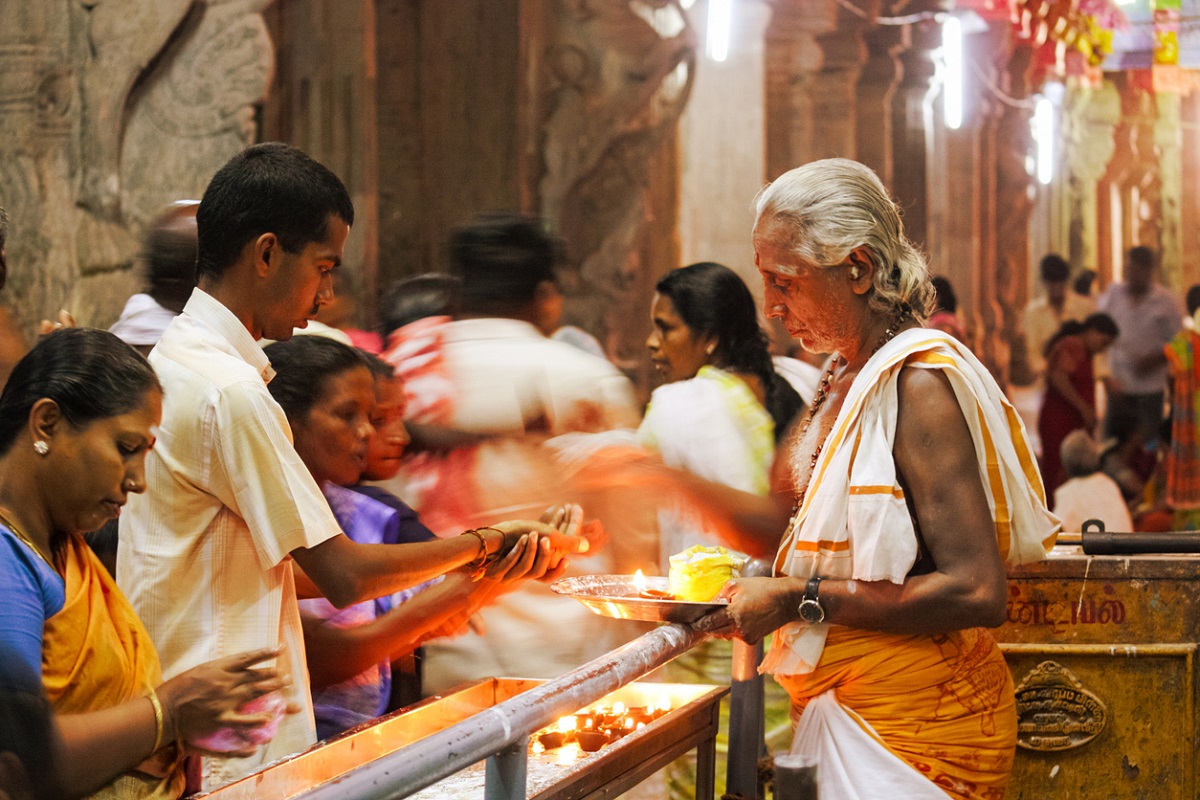All officials and staff of the Hindu Religious and Charitable Endowment Department in Tamil Nadu, including the Commissioner, Additional Commissioner, Joint and Deputy Commissioners, have been directed to take a pledge within eight weeks from 3 March 2020 that they are born Hindus and are practising the Hindu religion, based on an order passed by the Madras High Court last Tuesday.
A Division Bench of Justices MM Sundresh and Krishnan Ramasamy rejected the State government’s contention that officers in the rank of Commissioner, Additional Commissioner, Joint Commissioner and Assistant Commissioner need not take such a pledge and that it was meant only for employees lower in rank. The pledge should be taken before the presiding deity at the nearest Hindu temple in the presence of the chairman of the board of trustees of the temple and two witnesses and should be put in writing.
Advertisement
The written pledge should be kept in the head office as a permanent record along with the service register of the individual employee. According to rules framed under the HR & CE Act, 1961, every person appointed is deemed to be a Hindu. Even if an employee has taken such a pledge at the time of his or her appointment, the employee should take the pledge afresh within the stipulated eight weeks.
The rules do not make any distinction or differentiation based on the hierarchy of the official, the court noted. Meanwhile, the Union Minister for Culture has informed the Lok Sabha that temples and monuments more than 100 years old in Tamil Nadu would be brought under the purview of the Ancient Monuments and Archaeological Sites and Remains Act, 1958. There are about 7,000 temples in Tamil Nadu more than 100 years old.
If these temples are brought under the administrative control of the Archaeological Survey of India, the HR& CE Department of Tamil Nadu cannot compel its staff to take the oath before temple deities that they are practising Hindus. That would be contrary to all-India service rules. Besides, who is a Hindu needs clear definition. How can anyone prove that he is a “born Hindu” before the honourable High Court of Madras? Is such an order compatible with the Constitution of India?
Bringing the ancient temples in Tamil Nadu under the purview of the ASI is a welcome move. It will bring some degree of accountability where none exists. Two years ago the HR & CE Department of Tamil Nadu informed the Madras High Court that it has no record of about 50,000 acres of prime land owned by these temples. Most of it has been plundered by the political class.
About 5,000 priceless ancient idols stolen from these temples are yet to be recovered. A Fact Finding Mission by a team of experts appointed by UNESCO on the state of affairs in Tamil Nadu temples says the HR & CE Department has neither the capacity nor the expertise to protect and carry out conservation of such a large number of ancient temples.











